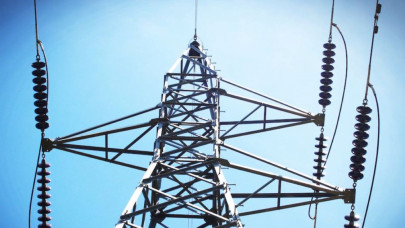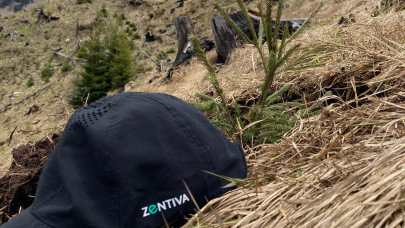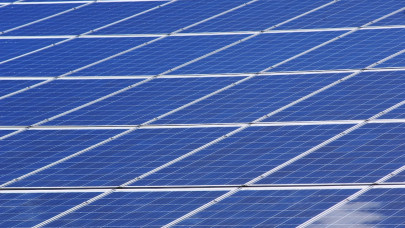Despite pressures on energy prices, fears of a global recession have driven oil prices lower, at least so far, and many countries have had to turn to fossil fuels and delay the transition to green energy amid recent headwinds.
The volatile economic and geopolitical environment in the US and Europe may encourage a shift in public sentiment that favours channelling funds to domestic energy transition needs over assistance to other countries. This shift will affect the availability of global climate finance and increase the cost of interest for renewable energy projects, slowing the pace of the energy transition.
Africa, a key player in the energy transition
The International Energy Agency's (IEA) Africa Energy Outlook 2022 report showed that despite Africa having a fifth of the world's population, the continent is responsible for less than 3% of carbon dioxide emissions from energy. In addition, African countries have some of the lowest emissions per capita in the world.
The IEA report also shows that 43% of the continent's population does not have access to electricity, especially in Sub-Saharan Africa, therefore the development potential exists.
Although challenging, the global energy transition may still be an opportunity for the region. The continent has one of the largest renewable energy potentials in the world, benefiting from favorable climatic conditions for the development of solar and wind farms.
The African continent holds substantial potential for both renewable energy and hydrogen production.
In addition, its reserves of transition metals (used in battery production) will give African economies the opportunity to play an important role in global supply chains for energy storage equipment as demand for these metals continues to exceed the offer.
As a result, African countries are expected to be key players in the global energy transition.














